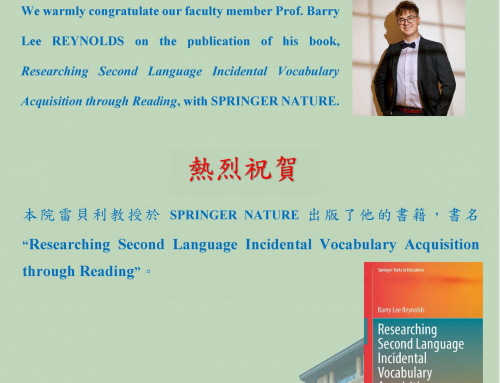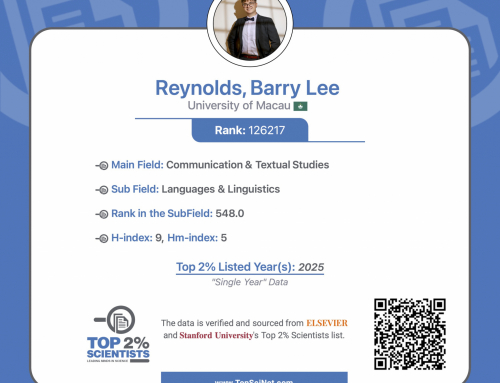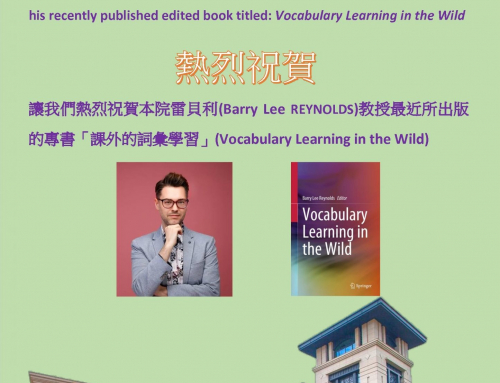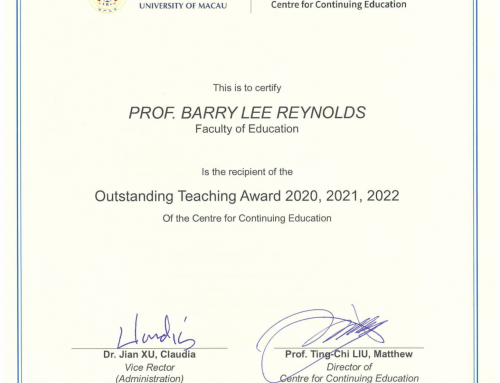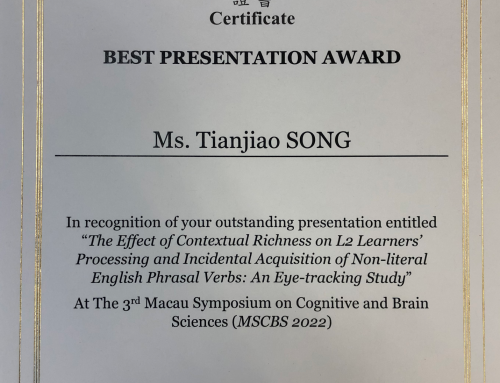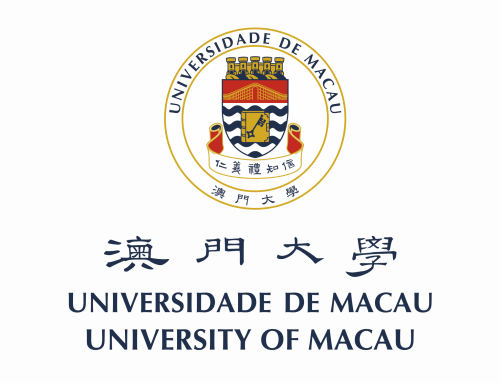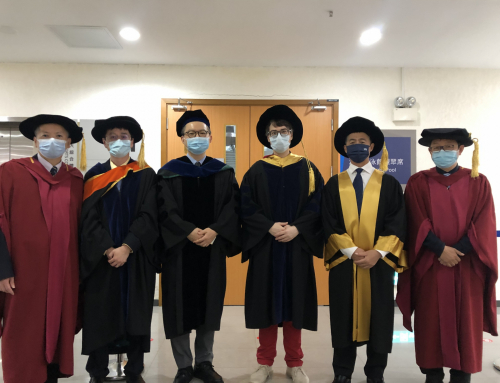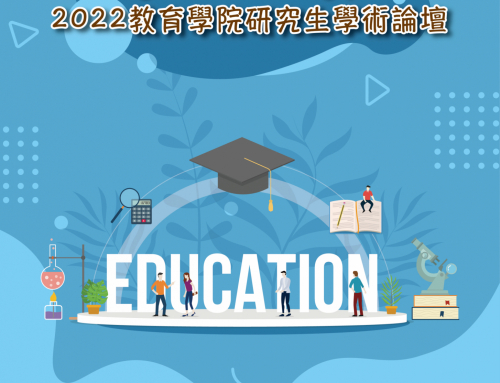L2 Creative Writing in Asia: Texts, Contexts and Identity Work
Guest Editors
Dr. Shizhou Yang, Payap University, Thailand
Dr. Barry Lee Reynolds, University of Macau, China
Aims and Scopes
Although there has been a growing body of literature on the needs, possibilities, benefits and challenges in providing creative writing courses to L2 learners in both ESL and EFL contexts, much remains to be done to theorize the roles of creative writing in foreign language literacy education and to trace students’ growth as writers within specific classroom contexts. In response, we invite potential authors to explore issues related to texts, contexts and identity of L2 creative writing in Asia. Possible topics include:
- Forms of L2 creative writing in Asia
- Nature of L2 creative writing in the foreign language writing context
- Nurturing of Asian students’ creativity
- Relationship between creative writing in a foreign language and “speaking back”
- Relationship between creative writing courses in an Asian EFL and individual learners’ life and literacy trajectories
- Impact of creative writing on Asian learners’ ongoing identity work
- Pedagogical practices that facilitate Asian learners’ creativity through writing in a foreign language
- Hidden literacy sponsors and brokers in the process of Asian students crafting creative works
- Ideology and negotiation in L2 creative writing in Asia
- Effects of creative writing on Asian learners’ voice and agency
- L2 creative writing in Asia as seen from a translanguaging perspective
- Roles of teachers in their teaching of L2 creative writing in the Asian EFL context
- Impact of teaching L2 creative writing in Asia on teachers’ own professional identities as language teachers and writing teachers
This special issue invites contributions from language teachers and writing professionals who promote L2 creative writing in their own educational contexts in Asia. It encourages exploration of the subject through critical lenses such as a poststructualist theory of learner identity, meaningful literacy, contact zone, dialogism, translanguaging and the like to reveal multilingual learners’ ways with words and their diverse communicative resources within specific classroom environments. It is also open to submissions of teachers’ critical reflections on their practices in relation to issues such as power, ideology, and identity, which shape classroom literacy events.
Style Guide
The articles should be of about 7,000 words (including references) and adopt the APA (6th ed.) style. Contributors are recommended to look at the latest publications of International Journal of TESOL Studies for format requirements.
Timeline
Abstract submission: Submit an abstract of about 200 words to the Guest Editor Dr. Shizhou Yang (yangshizhou@hotmail.com) and co-Guest Editor Dr. Barry Lee Reynolds (barryreynolds@um.edu.mo) by 15 December, 2020. Potential contributors will be notified by 15 February, 2021
Full manuscript due: 15 August, 2021
Peer review and editorial decision: 15 December, 2021 Anticipated publication date: March, 2022
Confirmed Contributors
Consider submitting your work to join the following authors for this special issue:
Xiaoye You, Penn State University, USA
Fan Dai, Sun Yat-sen University, China
Peter Hassall and Omnia Amin, Zayed University, Dubai, United Arab Emirates Justin Nicholes, University of Wisconsin-Stout, USA
Iain Maloney, novelist, Nagoya University of Foreign Studies, Japan


